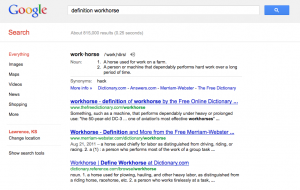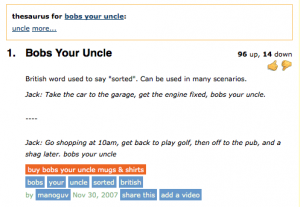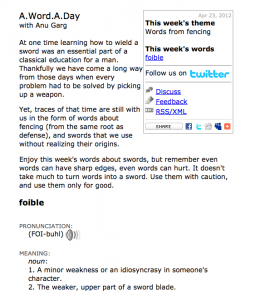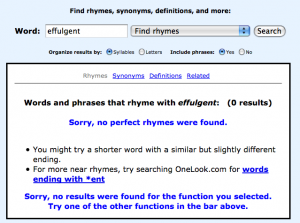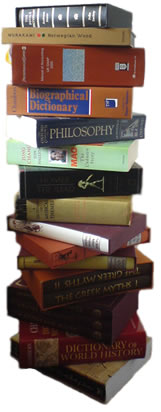Sometimes, I wonder how writers managed all of this prior to the Internet. Never has it been so easy to connect with like-minded individuals, to promote your own work, or to research any topic you can imagine.
I use the Internet a lot. In fact, I would venture to say that I am connected to the Internet in some way a majority of my time. When I am just sitting, waiting, I am often connected on my phone. I demand instant access to information based on whatever activity I am involved in at any given moment. I am an information addict.
I could write all day about the internet resources I love, but I will try to cut that down and share a few, and throw a few shameless plugs in a lot with them.
Starting shameless plugs.
There are the obvious ones. If you are a writer trying to promote yourself, you might want to get a few things. For example you could get a Twitter handle, like @jmcampbelljr. You can set up a Facebook page (separate from your personal Facebook profile), such as www.facebook.com/jackcampbelljr. LinkedIn is a good way to connect with other professionals with a profile such as www.linkedin.com/in/jackcampbelljr. MySpace has a very limited following, but there are still people out there, such as www.myspace.com/jackcampbelljr. You might also want to get a blog, maybe even your own url, www.jackcampbelljr.com, for example.
Ending shameless plugs.
The point of all of those things is to promote your writing and reach an audience you might not otherwise reach. The problem becomes that you have so many profiles to update, that it can become cumbersome. That is where you have to play smart. I use TweetDeck, available at www.tweetdeck.com in order to maintain Twitter, MySpace, Facebook, and LinkedIn all at once. I highly recommend their desktop program. WordPress, which I use for my blog, can automatically publish updates to Facebook, Twitter, Yahoo, MSN, and LinkedIn. I use that feature, as well.
All of those things are great for self-promotion, but you still have to write something. For writer resources, other than the usual Google and Wikipedia, there are a few sites I like. One I visit nearly every day is www.litreactor.com. There is a free site and a pay area. The free site has a magazine format, featuring news, columns, interviews, and a community forum. For a subscription fee, you can also get access to a library of writing essays by Chuck Palahniuk and other authors, and a writers workshop of other site members. There are also online classes available, but I’ll warn you now that they aren’t cheap.
I subscribe to The Writer magazine, so I also visit www.writermag.com and catch up on whatever I have missed in the latest print issue.
I also frequently enjoy www.fuelyourwriting.com. I’ve seen a lot of stuff I like there. One of my favorite things, even though it may sound corny, are the photographs of other people’s writing spaces. It’s comforting to know where other people work.
Finally, you have to find someplace to submit. I use two resources for finding markets for my writing. One is www.writersmarket.com. You have to pay for it, but there are a wide variety of markets to peruse through for submission possibilities. You can usually find a promo code online to save a bit on the subscription. I also use www.duotrope.com. Duotrope is free, but runs on donations, so feel free to donate. Duotrope has a great search feature, much better than the one at The Writer’s Market. I highly recommend it. You can definitely find different markets at both of the websites, though. Both have submission trackers, as well.
